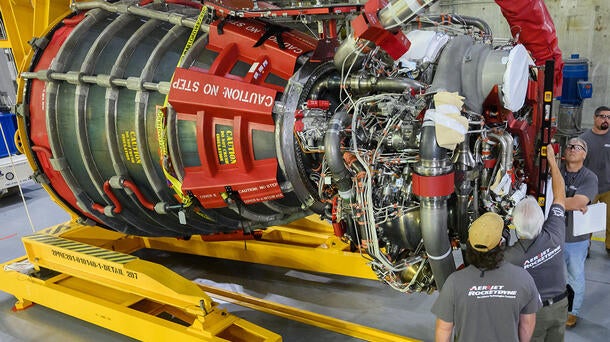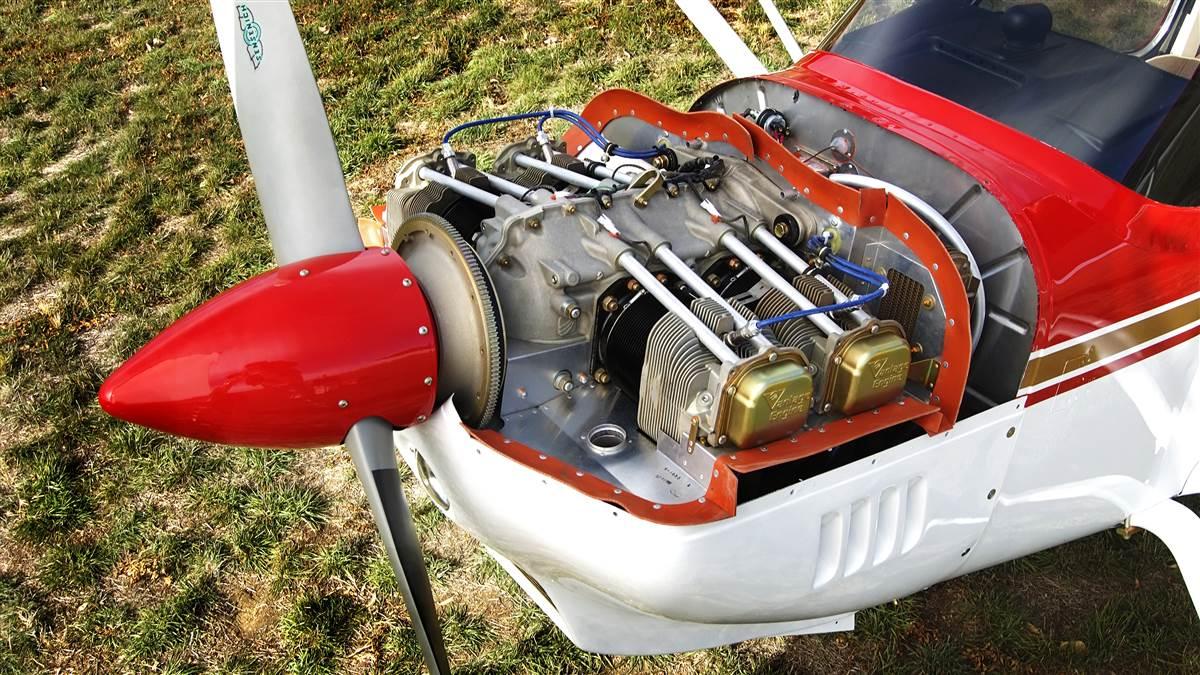Engines for Africa Available Currently! See Our Trusted Auto Components Store
The Impact of Ingenious Engine Technologies on Energy Efficiency and Environmental Sustainability
In the realm of transportation and commercial machinery, the constant quest for boosted energy effectiveness and decreased environmental effect has actually led to considerable developments in engine innovations. From the steady change towards hybrid and electric systems to the combination of turbocharging for enhanced effectiveness, the landscape of engines is advancing swiftly.
Advancement of Engine Technologies
The progression of engine modern technologies over the decades has actually been noted by continual development and improvement in search of improved efficiency and efficiency. From the early days of internal burning engines to the cutting-edge hybrid and electric powertrains these days, the development of engine modern technologies has been driven by an unrelenting mission for enhanced fuel performance and decreased emissions.
One significant milestone in this development was the development of turbocharging and straight injection systems, which dramatically boosted engine power outcome while boosting gas efficiency. These modern technologies permitted for smaller sized, more light-weight engines that could provide the efficiency of bigger ones without endangering on effectiveness.
Furthermore, advancements in products science have caused the widespread fostering of light-weight materials such as light weight aluminum and carbon fiber in engine building and construction. This has not only lowered total car weight however has actually likewise improved engine effectiveness by reducing energy losses connected with inertia and rubbing.
Benefits of Electric and Crossbreed Equipments
With the expanding focus on sustainability and energy effectiveness, what advantages do hybrid and electrical systems supply in the realm of engine modern technologies? Electric and hybrid systems present numerous advantages that add to an extra sustainable and energy-efficient future. One of the key benefits is the considerable decrease in greenhouse gas emissions compared to typical interior combustion engines. Electric automobiles produce no tailpipe exhausts, bring about boosted air high quality and minimized ecological effect. In addition, hybrid and electrical systems are much more energy-efficient, converting a greater percent of saved power into propulsion compared to standard engines. This performance leads to lower power usage and operating expense over the car's lifetime. Electric automobiles provide regenerative braking systems that catch and store power typically shed during stopping, further enhancing energy performance (engines for africa). Crossbreed systems incorporate the benefits of electrical propulsion with the adaptability of a burning engine, providing prolonged minimizing and driving ranges variety stress and anxiety for customers transitioning to electric vehicles. Generally, hybrid and electric systems play an important role beforehand energy efficiency and ecological sustainability in the transport field.
Turbocharging for Improved Performance
Cutting-edge engine technologies like hybrid and electric systems have paved the way for developments in lorry efficiency, with turbocharging becoming an essential strategy for improving general performance and sustainability. Turbocharging jobs by utilizing a generator to compel more air into the combustion chamber, permitting far better fuel burning and increased power result without a substantial boost in engine dimension. This process, called forced induction, enables smaller sized, extra fuel-efficient engines to generate power degrees comparable to larger ones. By making best use of the performance of the burning process, turbocharged engines can attain improved gas economic situation and minimized exhausts, adding to environmental sustainability. Additionally, turbocharging boosts engine responsiveness, offering vehicle drivers with an extra vibrant driving experience. The widespread adoption of turbocharged engines in both gas and diesel vehicles shows their efficiency in stabilizing efficiency, effectiveness, and environmental influence. As automotive manufacturers proceed to fine-tune turbocharging technology, its duty in advertising power efficiency and sustainability in the transport market is expected to grow further.
Harnessing Alternate Gas
Using alternate gas offers an appealing avenue for lowering carbon emissions and branching out the visit this page power resources made use of in transportation. As the globe makes every effort to fight environment modification and reduce dependence on fossil fuels, alternate gas have gotten substantial focus for their potential environmental and financial benefits.
Biofuels, such as ethanol and biodiesel, are derived from sustainable resources like algae, corn, and sugarcane, providing a cleaner burning option to standard fuel and diesel. These fuels can be combined with existing petroleum fuels or used in devoted engines, giving a pathway to lower greenhouse gas emissions and improve air Visit Website high quality.
Moreover, hydrogen fuel cells have become an appealing modern technology for zero-emission transportation. engines for africa. By converting hydrogen gas into electricity to power electrical motors, fuel cell vehicles produce only water vapor as a result, eliminating damaging tailpipe exhausts completely
Along with decreasing carbon emissions, alternative fuels can additionally boost energy safety by diversifying the fuel mix and reducing dependence on imported oil. Accepting alternate gas in transport is a vital step towards accomplishing a much more ecologically pleasant and lasting future.

Future prospects and ecological advantages
The environmental benefits of different fuels and their possibility for long-term sustainability are vital considerations in the change towards cleaner power sources. Alternate gas, such as biofuels, hydrogen, and electrical power, offer substantial environmental advantages compared to typical nonrenewable fuel sources. These gas produce lower levels of greenhouse gas discharges, decreasing air pollution and mitigating climate adjustment influences. Additionally, alternate gas can help branch out power resources, enhancing energy security and decreasing dependence on finite sources.
Developments in technology proceed to improve the effectiveness and cost of alternative gas cars, making them extra obtainable to customers. By embracing innovative modern technologies and alternate gas, the path towards a more lasting future ends up being increasingly attainable.

Conclusion
To conclude, innovative engine innovations have played an essential function in boosting energy effectiveness and advertising ecological sustainability. engines for africa. The evolution of engine innovations, fostering of electric and hybrid systems, application of turbocharging, and expedition of different gas have all added to increasing and decreasing discharges performance. The ecological benefits of these advancements are clear, and there is terrific possible for more development in the future. Engine technologies remain to be an essential area of focus for achieving a much more lasting future.
In the realm of transport and industrial machinery, the continuous pursuit for boosted power performance and reduced ecological influence has actually led to significant improvements in engine innovations. Turbocharging works by using a generator to compel even more you could try these out air right into the combustion chamber, allowing for far better fuel combustion and boosted power outcome without a significant increase in engine dimension. By taking full advantage of the effectiveness of the combustion process, turbocharged engines can attain better fuel economy and reduced discharges, contributing to ecological sustainability. Alternate fuels, such as biofuels, hydrogen, and electricity, offer substantial environmental benefits contrasted to conventional fossil gas. The evolution of engine innovations, fostering of hybrid and electrical systems, use of turbocharging, and exploration of alternate fuels have all added to reducing exhausts and enhancing efficiency.